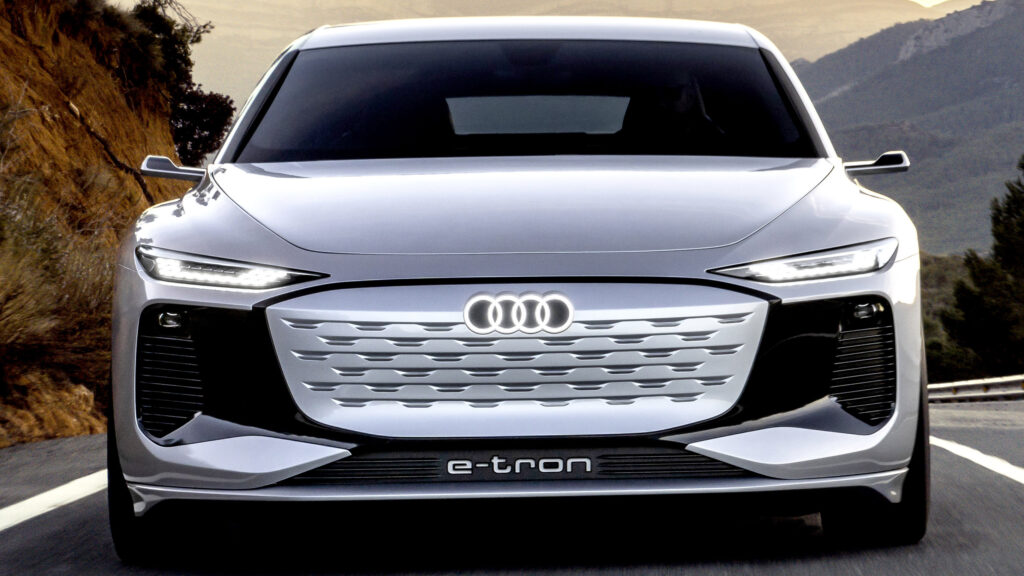Audi Cancels Its Hottest EV Wagon Because No One Wants Electric Performance Cars

- Insider sources confirm Audi canceled plans for the fully electric RS6 E-tron.
- The Avant model would have served as the EV twin to the next-gen hybrid RS6.
- Weak demand for performance EVs reportedly played a role in Audi’s decision.
Audi once planned to expand the RS6 lineup with two distinct flavors: a plug-in hybrid based on the new-generation A6 and a fully electric variant derived from the A6 E-tron. But according to a new report, the high-performance EV has been quietly shelved despite earlier sightings of camouflaged prototypes.
More: New Audi RS3 GT Could Be The Most Powerful Hot Hatch Ever Built
Last year, spy photographers captured aggressive-looking A6 E-tron test cars in both Sportback and Avant forms. Their larger bumper intakes and pronounced diffusers hinted strongly at an RS6 E-tron in the works. Now, it appears those hopes have faded.
EV Ambitions Cut Short
Citing Audi insiders, Top Gear reports that the RS6 E-tron project has been canned. The decision reportedly comes down to weak demand for high-performance EVs. This leaves the current S6 E-tron as the most powerful version of the lineup, delivering up to 543 hp (405 kW / 551 PS) from its dual electric motors. Built on the Premium Platform Electric (PPE) co-developed with Porsche, it uses a 100 kWh battery pack that provides between 640 and 670 km (398–416 miles) of range.
A Future With Hybrid Muscle
For enthusiasts who prefer their RS6 with more noise and raw character, there’s still good news. Audi is moving forward with the next-generation RS6 Avant, the long-standing rival to BMW’s M5 Touring. It will feature an RS-specific bodykit with massive intakes, wide fenders, and the signature dual oval tailpipes protruding from the rear bumper.
More: Audi’s Most Furious Family Car Yet Could Be Packing Over 700 Horses
The new RS6 is expected to come with a plug-in hybrid powertrain, offering improved performance compared to its predecessor. Initial reports suggested it would use a twin-turbo V6 as a base, but there is a chance it keeps the V8, helping it stand out from the smaller RS5 Avant that’s also under development.
While a few may lament the loss of an all-electric RS6, the plug-in hybrid offers a middle ground combining supercar-level performance with everyday practicality and some zero-emission capability. In today’s market, that may prove to be the more compelling formula.